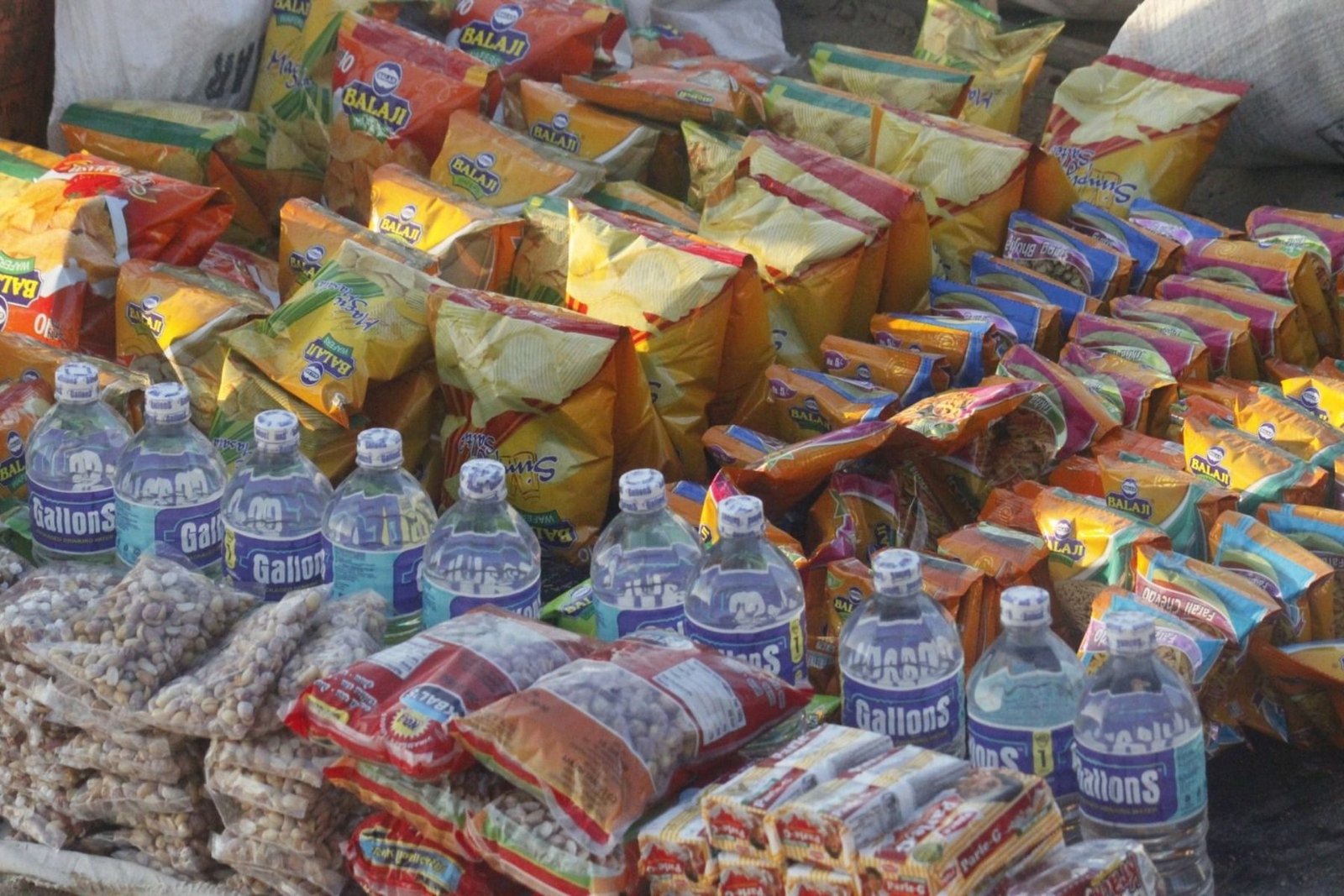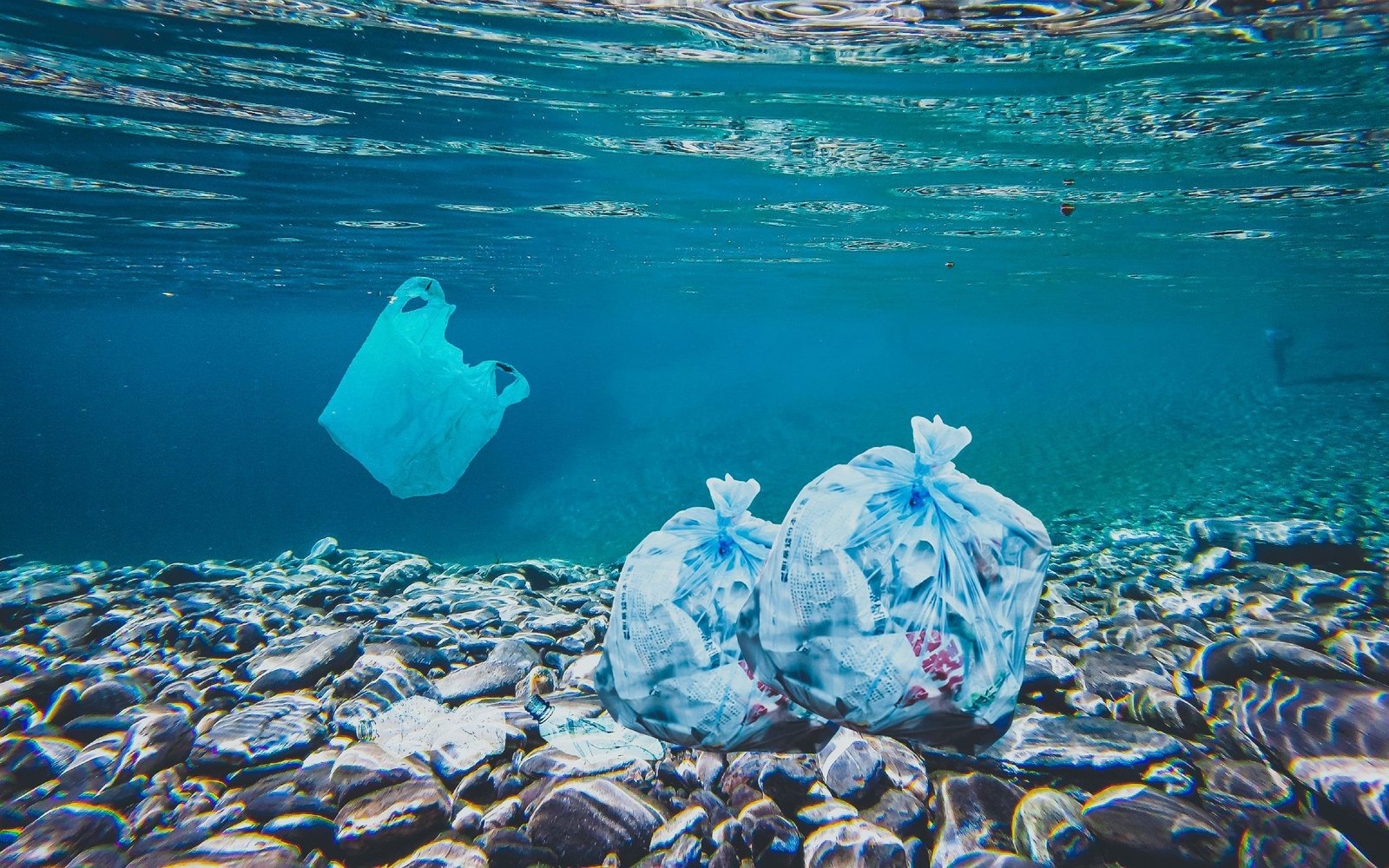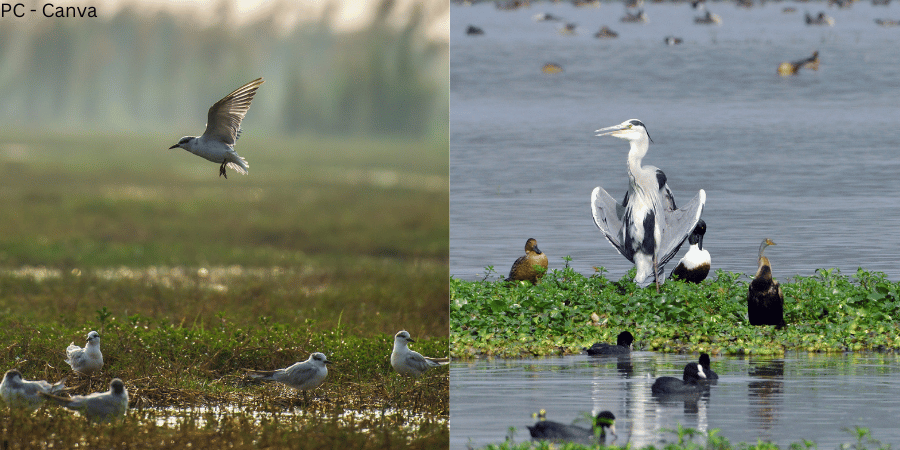More than 80 countries have fully or partially banned plastic bags. Joining that list is India, which has announced a ban on ‘single-use plastic bags. The Ministry for the environment, forest and climate change issued a gazette notification last year regarding the ban, and now it has defined a list of items that will be banned from 1st July 2022.
“The manufacturing, import, stocking, distribution, sale, and use of single-use plastic, including polystyrene and expanded polystyrene commodities shall be prohibited with effect from the 1st July 2022,’’ says the Ministry.
What Is a ‘Single-Use Plastic Bags”?
Single-use plastic bags or disposable plastics are used only once before they are thrown away. Namely, these items are plastic bags, straws, coffee stirrers, and disposable water bottles. These are harmful to the environment as they never break down completely – instead, they add on to degrade and pollute the environment.

Why Plastic Bags Ban Should Be The Need Of The Hour?
A 2021 report by one of Australia’s Minderoo Foundation stated that single-use plastics account for one-third of all plastics produced worldwide, and 98% are made from fossil fuels. Single-Use plastic bags also create the majority of discarded plastics – 130 million metric tons worldwide by 2019 – “all burned, buried in landfills or dumped directly in the environment.”.
If the current projection is to be trusted, it is estimated that single-use plastic bags will account for 5-10% of greenhouse gas emissions by 2050.
The report found that India is one of the top 100 countries to produce single-use plastic waste – at the 94th level. With domestic production of 11.8 million tons per year, and imports of 2.9 MMT, India’s total plastic waste disposal production is 5.6 MMT, and per capita generation is 4 kg.

What Are The Products That Are Banned
Things the Central Pollution Control Board (CPCB) has announced are a ban on earbuds; sticks of the balloon; candy and ice cream sticks; cutting materials including plates, cups, glasses, forks, spoons, knives, trays; nice boxes; invitation cards; packs of cigarettes; PVC banners measuring less than 100 microns; and decorative polystyrene.

The Department had already banned less than 75 microns of polythene bags by September 2021, increasing the limit from the previous 50 microns. From December, the ban will be extended to polythene bags of less than 120 microns. Department officials explained that the ban was introduced in phases to give manufacturers time to switch to thick polythene bags that are easy to reuse. While manufacturers can use the same machine for 50 and 75-micron bags, the machine will need to be upgraded with 120 microns.
According to the Plastic Waste Management Act, 2016, there is also a complete ban on bags using plastic items for storing, packing, or selling gutkha, cigarettes, and pan masala.
Why Is Single-Use Plastic Bags Harmful to the environment?

The production of plastic takes about 100 million barrels of oil from the world petroleum reserve depleting a valuable and non-renewable source of energy. Talking about the perspective of the environment plastic isn’t the direct enemy, but the plastic that stays for thousands of years in the environment. These plastics turn into microplastics, first entering food sources and then the human body.
Plastic bags also kill about 1 lakh animals annually. They mistakenly consume plastics that slowly accumulate leading to the death of the animal. Not just this plastic will remain intact even after the dead animal decomposes, which means another animal may ingest it and eventually suffer.

Banning ‘Single Use Plastic Bags’ is considered a welcome change to India’s continuous fight against the plastic crisis.
If you loved reading the article on the Ban on plastic bags, click to know more about 5 Eco-Friendly Made In India Brands That Will Force You to Revisit Your Lifestyle
If you know more inspirational stories about a person, company, new idea, or social initiative, and want us to write them on mad4india.com, share such information with us on Facebook and LinkedIn.



